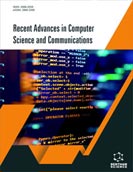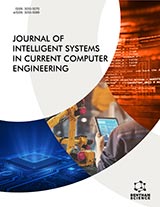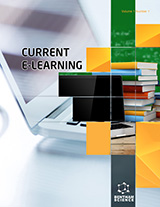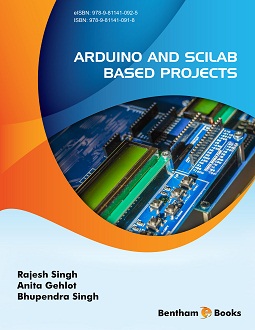Abstract
In an increasingly interconnected and digital era, the role of artificial intelligence i.e. AI in education has gained significant attention. This chapter explores the transformative potential of AI in the realm of English pedagogy, by offering a comprehensive route to enhance language learning through the integration of cuttingedge technology of today’s era. Taking about AI without discussing Generative AI, the content will not be completed and the present chapter will also be incomplete since Generative AI (GAI) finds wide-ranging practical applications in fields as diverse as natural language processing and drug development, as well as the creative sectors. Pedagogically, Generative AI (GAI) enables individualized learning by generating learning materials that are specially designed to meet the needs of each learner. The traditional approaches to teaching English have often been constrained because of the limited, time, resources, and also individualized attention paid to it. AI, with its advanced abilities to adapt, personalize and provide immediate feedback, has the ultimate potential to bring a revolution in the way English is taught and learned. This particular route of language learning begins by examining the foundational elements of AI-driven language education, such as Natural Language Processing (NLP) algorithms and machine learning models. These technologies may help us to create reliable and brilliant virtual tutors and automated assessment tools that can cater to the unique needs and abilities of each learner through analysis. Also, the route dives deeper into the key significance of content personalization. An AI-developed system can conduct a deeper analysis of students’ strengths and weaknesses, allowing personalized and detailed lesson plans and exercises moulded especially for the betterment. A personalized and adaptive content delivery ensures that students remain engaged and motivated, as they receive materials scripted by the AI, which are both challenging and fitted as per their individual needs. This paper also emphasizes the importance of AI-powered assessment tools, which would enable the objective of an accurate evaluation of students’ language skills, which may also reduce the subjectivity in grading and also level up the assessment process. The paper also points out the concerns, which are related to artificial intelligence. Implementing AI in education highlights the need for robust data protection and also the well-being of the learners. It also emphasizes the importance of professional development of educators so that language learning becomes effective from both sides. In conclusion, this chapter, provides a circumstantial route for the transformation of English pedagogy through AI, offering solutions to existing challenges in language education. By including AI-driven platforms, and assessment tools, virtual tutors help in providing an effective learning environment. The integration of AI into English pedagogy represents a promising future in the language learning field making the language learning process interesting.
Keywords: Artificial Intelligence, AI-driven system, Language skills, Natural language processing.






















